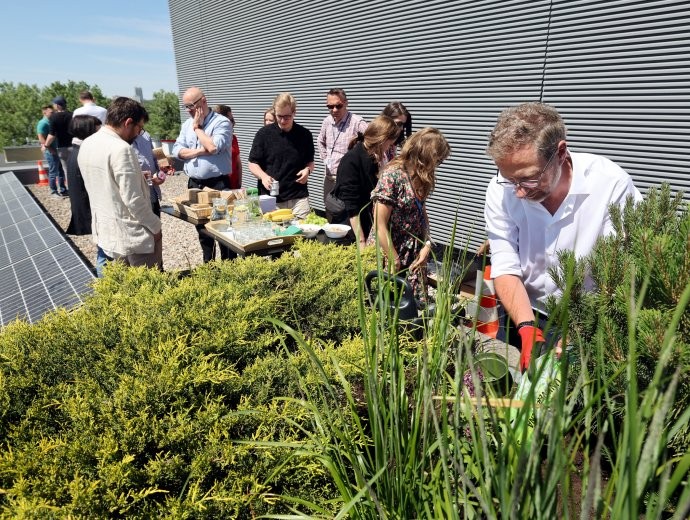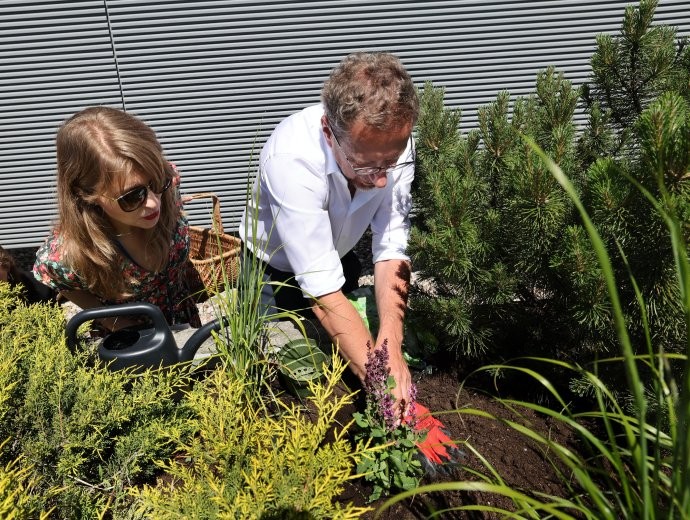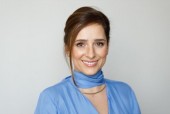In 2022. The Agora Group conducted a scenario analysis to examine the resilience of the Agora Group's business model to climate change under 2 different climate change scenarios (Paris-aligned and Paris-missed) in the short, medium and long term. Thanks to this analysis, the Agora Group's Management Board has knowledge of possible scenarios for the course of events and changes, which it will use in making strategic decisions.
The 2 climate change scenarios adopted were developed on the basis of the IPCC's Climate Change 2021 report and the 2022 World Energy Outlook (IEA):

|
SCENARIO 1: PARIS-ALIGNED
|
SCENARIO 2: PARIS-MISSED
|
|
The scenario assumes the implementation of the Paris Agreement (reducing GHG emissions at a rate that allows the earth's average temperatures to remain within 2 °C), which means that climate change will be contained at a relatively safe level.
This scenario is the result of a merger of the IPCC SSP1-1.9 scenario and the IEA Net Zero Emissions by 2050 Scenario (NZE).
|
This scenario predicts that the pace of GHG emission reductions will be inconsistent with current UN member state declarations (including failing to meet the Paris Agreement targets) and, as a result, climate change will reach the levels predicted by science in the mid-21st century.
This scenario is the result of a merger of the IPCC SSP5-8.5 scenario and the IEA's The Stated Policies Scenario (STEPS).
|
|
Main conclusions of the scenario analysis for the Agora Group
|
-
Relatively safe level of resilience in the short term
-
Relatively safe level of resilience in the medium term, provided appropriate adaptation measures are taken
-
Medium level of resilience over the long term (greatest challenges in the areas of raw materials and materials and waste management)
|
-
Relatively safe level of resilience in the short term
-
Relatively secure level of resilience in the medium term, with dynamically increasing challenges (primarily in the areas of logistics)
-
Medium level of resilience in the long term, with critical challenges in several areas (logistics, lack of raw materials or decline in demand for catering-type services)
|
Methodology
A qualitative scenario analysis was conducted in cooperation with the external consulting firm MATERIALITY, according to the SA:CCR Scenario Analysis: Climate-Change Resilience method.
The analysis covered 11 groups of issues that corresponded to key stages of the Agora Group's value chain: mineral raw materials, paper, printing (posters, dailies, magazines, records and books), supply logistics, energy and fuels, network (cinemas, foodservice and outdoor advertising), logistics to network (foodservice, cinemas, e-commerce and outdoor advertising service), customers (consumers, readers, listeners, users) and waste.
The analysis was conducted for 3 time horizons: short (2023-2025), medium (2026-2035) and long (2036-2050).
The analysis focused on the geographic regions with the highest importance for the operation of the Agora Group's value chain, i.e. Europe





























